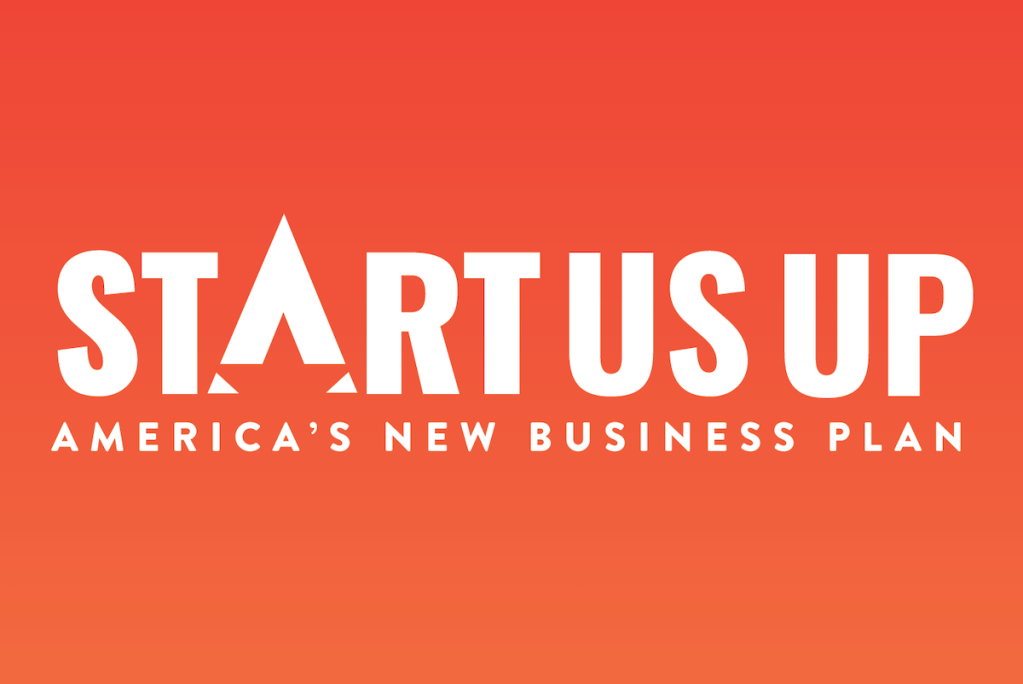Black founders face unique challenges when starting and growing their businesses. As written in America’s New Business Plan, “these symptoms of inequity are part of a broader pathology in which systemic barriers create a fundamental imbalance between those with privilege and those with uneven access to opportunities.”
Building an inclusive economy requires systemic change, and it requires investing in communities of color to build generational wealth. We’re proud to work alongside so many organizations who share that commitment.
Tulsa’s Greenwood neighborhood wasn’t America’s only Black Wall Street
100 years ago, racist mobs violently attacked Black communities and uprooted Tulsa’s Greenwood District — known also as Black Wall Street. In the century since, urban renewal and redlining have contributed to the devastation of other “Black neighborhoods, along with their promises of progress and economic freedom,” according to an op-ed co-authored by Forward Cities’ Fay Horwitt. The op-ed analyzes three other “Black Wall Streets” and discusses what policymakers can do to replicate them in today’s economy. Priorities include “the infusion of institutional capital, place-based clustering of Black-owned businesses and the intentional reinvestment of Black wealth back into the Black community.”
Baby Bonds – Prosperity Now
Prosperity Now produced and shared a video discussing how centuries of job, housing, banking, and systemic discrimination have contributed to a racial wealth divide. The video points to a “simple and proven solution” — baby bonds. “The bottom line: in one generation, baby bonds would significantly bridge the racial wealth gap, and make economic opportunity a birthright for every American child.” Read more about baby bonds in America’s New Business Plan.
How We Plan to Rebuild in the Post-COVID Economy
Coastal Enterprises Inc. CEO Betsy Biemann was interviewed to discuss the tools that contributed to her organization’s success — “small business lending and investment, business advice and policy advocacy,” as well as CEI’s approach to the Post-Covid Economy. Among her priorities? Building in equity from the beginning. “The recovery needs to be boosted by policies designed to address racial, gender and economic inequities, and climate change, in order to achieve a more inclusive society and equitable economy,” she writes. “Together, we need to make sure that everyone — no matter where we were born and who we are — can secure a decent livelihood and build wealth.”
Social Innovation Summit 2021
This year’s Social Innovation Summit, hosted virtually June 8-10, will feature presentations from the Kauffman Foundation’s Philip Gaskin, vice president of entrepreneurship; Miles Sandler, director of engagement, education; and Jason Wiens, policy director. This annual event offers free registration, and topics will range from building inclusive economic prosperity to redesigning education curricula.

